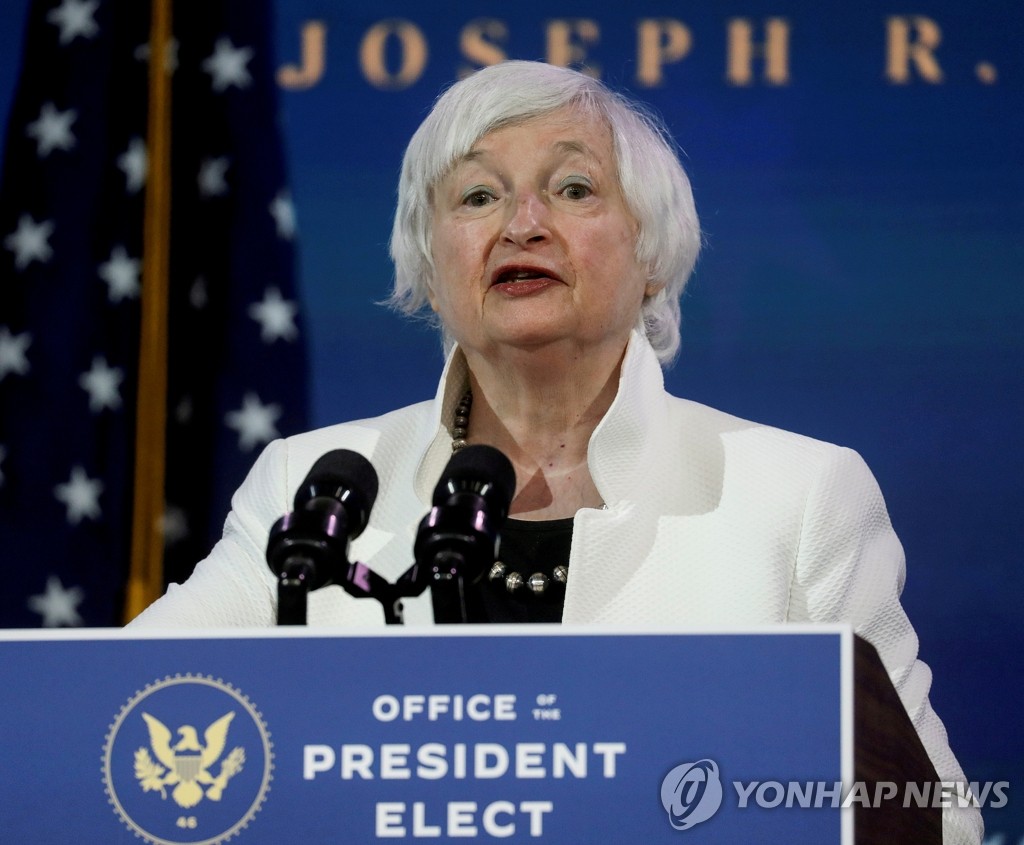“Bitcoin or higher…no intrinsic value”… Even stock investors should refrain from borrowing investment due to excessive optimism.
“I think the current bitcoin price is soaring.
It’s hard to understand why the bitcoin price is so high.”
Bank of Korea governor Lee Ju-yeol said this at the general meeting of the National Assembly Planning and Finance Committee on the 23rd.
In fact, a’warning’ message was delivered to investors indirectly, and on the 22nd (local time), US Treasury Secretary Janet Yellen said, “Bitcoin is an extremely inefficient means to conduct transactions, and as a very speculative asset, it is extremely volatile. It is in the same context as he pointed out, “You should know that this is high.”
In particular, when the ruling and opposition lawmakers intensively requested a bitcoin-related outlook, Governor Lee said, “The outlook is very difficult at present because it has fluctuated so sharply and the volatility is high,” and said, “Crypto assets have no intrinsic value.”
On the 16th of this month, Bitcoin exceeded $50,000 each for the first time in history, and its market capitalization also exceeded $1 trillion (about KRW 1,100 trillion).
Domestic transactions also exceeded 65 million won each on the 20th of this month.
–
In addition, Governor Lee urged investors to reasonably judge and refrain from excessive stock investment through’debt investments’.
When asked whether the current domestic stock market is overheating, Rep. Yoo Gyeong-joon (the power of the people) replied, “It is true that the stock price is rising faster than in the past, and the proportion of individuals is exceptionally large, and the capital around the stock market is increasing rapidly.
In addition, “It is difficult to talk about the level of (stock price), but it is true that we are concerned when we look at the general trend and the sources of personal investment funds,” he said. “Especially, if you invest with excessive leverage through borrowed funds, even a small external shock will hurt you. I am wary of it because of its size.
So we should refrain from investing in borrowing with excessive optimism.”
According to the statistics of’Household Credit (tentative) for the fourth quarter of 2020,’ released by the Bank on the same day, the balance of household credit (debt) as of the end of the fourth quarter of last year was 172.1 trillion won, the largest since 2003, when statistics were started.
In particular, for three months (October-December) of last year, household loans alone amounted to about 45 trillion won, which was the largest quarterly increase since statistics were written.
As such, the recent surge in household debt has an impact on life due to Corona 19, but it is estimated that demand for capital investments such as spirits and debt investments account for a significant part.
Despite strong restrictions on credit loans by the financial authorities and the banking sector, the fact that other loans including credit loans (with a balance of 719 trillion 500 billion won) jumped to a record high of 24,200 billion won in the fourth quarter of last year alone is mentioned as a representative basis.

 –
–
:quality(75)/cloudfront-us-east-1.images.arcpublishing.com/elcomercio/PHY55JEL5JBLVEYFJSFMXW6TFQ.jpg)
/nginx/o/2019/06/20/12284930t1h724e.jpg)